
Explore our comprehensive intelligence summaries from around the globe. We cover the most critical topics and consistently update our content to keep you informed.
Featured Articles

US Missile Deployment in the Philippines Probably Will Escalate Regional Tensions with China
The U.S. missile deployment in the Philippines is likely to exacerbate regional tensions with China, potentially leading to a more militarized and volatile South China Sea. Diplomatic efforts and multilateral dialogues are essential to managing these tensions and preventing further escalation.

Ceasefire Negotiations at Critical Risk Due to Escalating Israeli Airstrikes and Mounting Civilian Casualties
The recent Israeli airstrike in Gaza, resulting in significant civilian casualties, poses a critical threat to the ongoing ceasefire negotiations between Israel and Hamas. The escalation risks prolonging the conflict and could lead to wider regional instability if not addressed through urgent diplomatic efforts.

Kenyan-Led International Forces in Haiti Unlikely to Deter Gang Violence, Leading to Escalation of Humanitarian Crisis
The deployment of Kenyan-led forces to Haiti has failed to curb gang violence, leading to the continued deterioration of the humanitarian situation. Without significant enhancements to the mission's capabilities and broader international support, the violence and its associated humanitarian impacts are likely to escalate further.

The Largest Surrender of Russian Troops Marks a Significant Setback for Moscow, Almost Certainly to Escalate Conflict
The large-scale surrender of Russian troops in Kursk represents a significant victory for Ukraine and a substantial setback for Moscow. This event is likely to exacerbate the conflict, with potential far-reaching implications for both military operations and diplomatic negotiations.

Internal Power Struggles in Iran Likely to Undermine Reformist Agenda and Stability
The resignation of Mohammad Javad Zarif from Iran’s vice presidency indicates significant internal power struggles that are likely to hinder the new administration's reformist agenda, leading to political instability and complicating Iran's position in ongoing international negotiations.

Cambodia’s China-Funded Canal Project Likely to Strain Regional Relations and Environmental Stability
The construction of Cambodia's China-funded Funan Techo canal is expected to strain regional relations, particularly with Vietnam, and pose serious environmental risks. The project highlights China's growing influence in Cambodia, which may alter regional power dynamics and provoke geopolitical tensions.

Yahya Sinwar’s Leadership of Hamas Highly Likely to Intensify Conflict and Complicate Ceasefire Negotiations
Yahya Sinwar’s appointment as Hamas’s political leader is likely to intensify the conflict with Israel and complicate ongoing ceasefire negotiations. His leadership, characterized by a hardline stance and close ties to Iran, represents a significant shift in Hamas’s internal dynamics, reinforcing Gaza’s central role in the conflict.

German Court's Conviction of Pro-Palestinian Activist Almost Certainly to Intensify Debates on Free Speech and Antisemitism
The conviction of Ava Moayeri for chanting a pro-Palestinian slogan at a Berlin rally highlights significant tensions in Germany over free speech and antisemitism. The case reflects the country's strict stance on expressions perceived as threats to Israel's existence and underscores the complexities of balancing free expression with historical responsibilities and current political commitments.

US Withdrawal from Niger Likely to Undermine Counterterrorism Efforts and Strengthen Russia's Influence
The US withdrawal from its last military base in Niger is likely to undermine counterterrorism efforts in the Sahel and increase Russia's influence in the region. This move could lead to a resurgence of extremist violence and destabilize regional security.

Rising Violence in Bangladesh Almost Certainly to Deepen Political and Communal Divisions
The recent violent clashes in Bangladesh, resulting in around 100 deaths, are likely to destabilize governance and increase communal tensions. The unrest, driven by demands for Prime Minister Sheikh Hasina's resignation, highlights deep-seated political and social divisions that could lead to prolonged instability and increased violence.
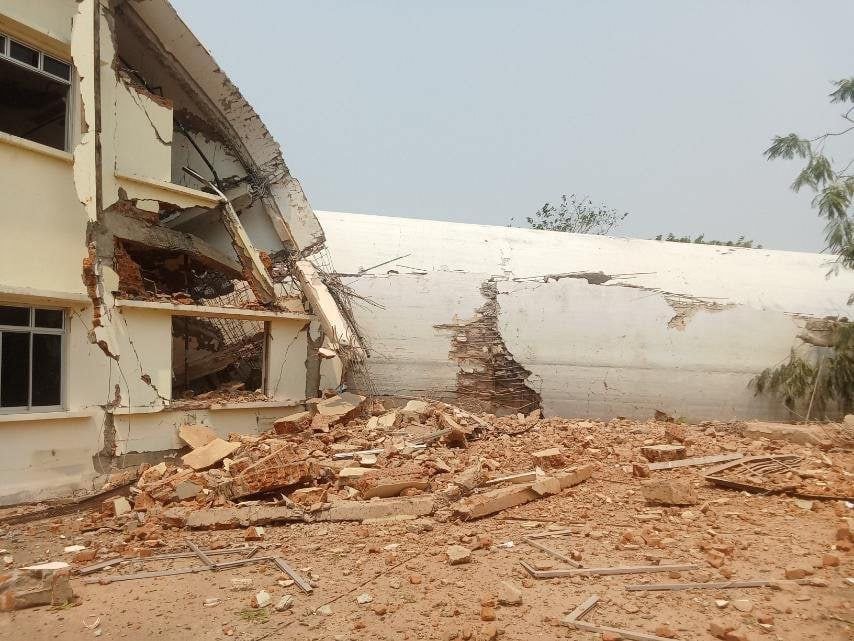

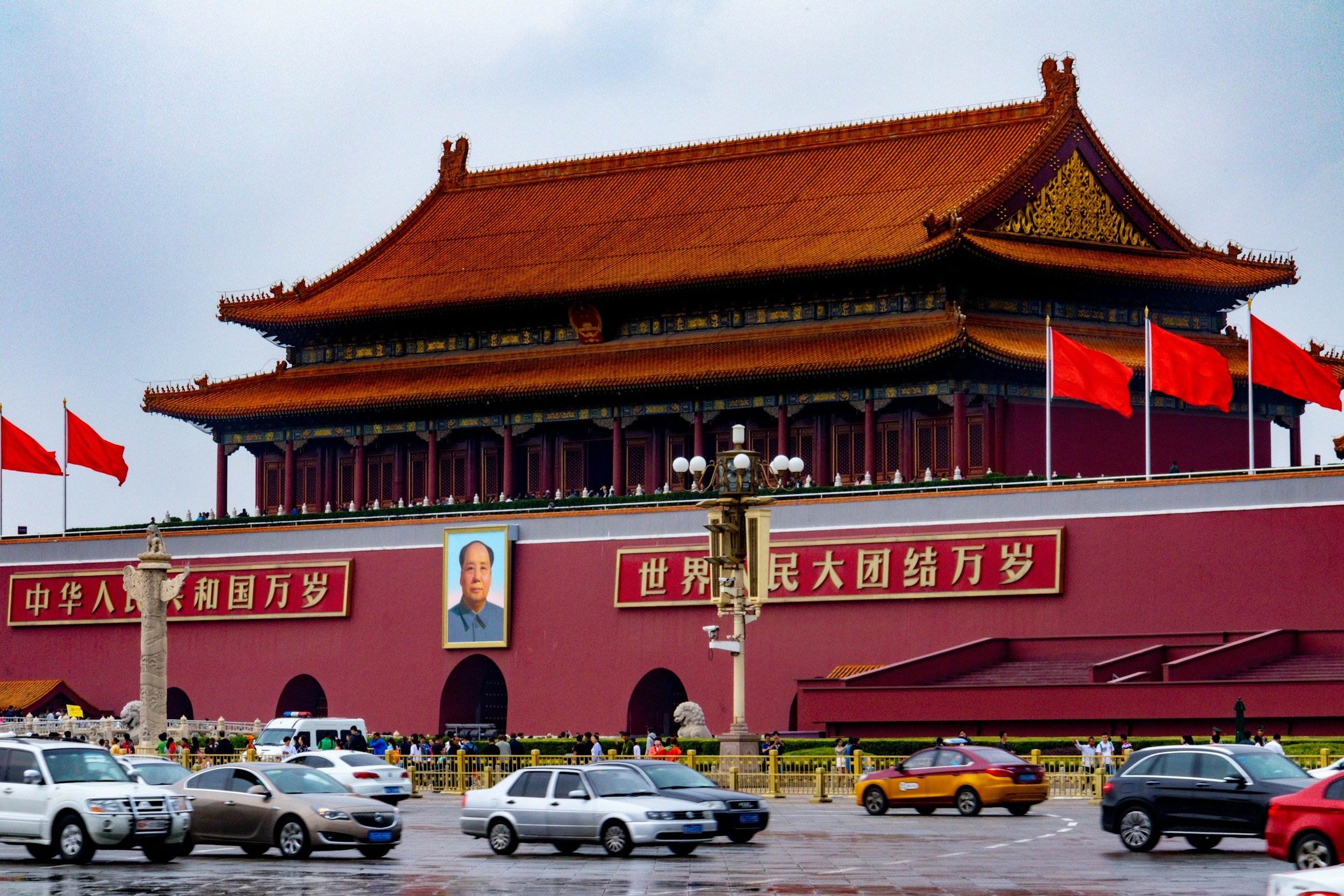

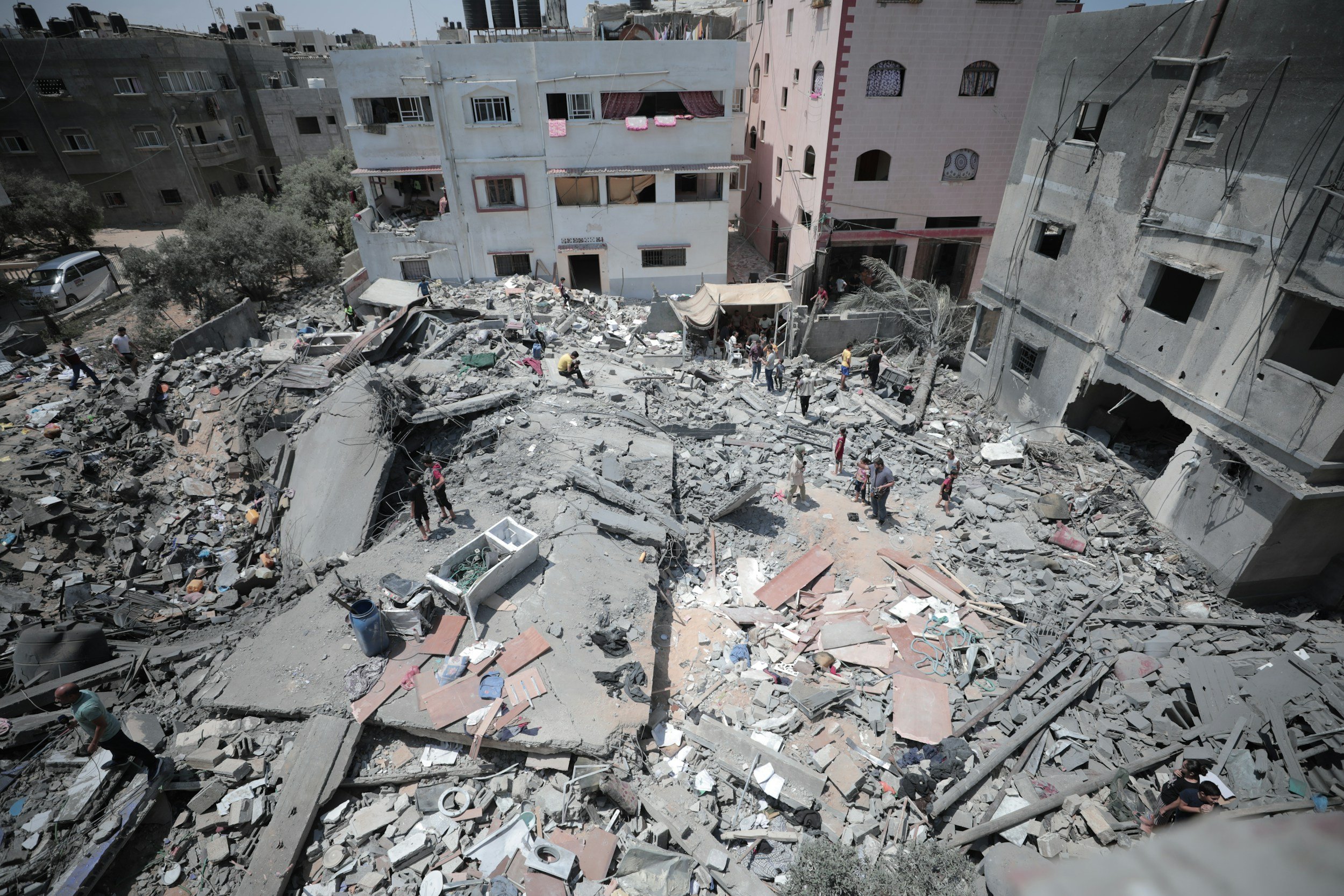

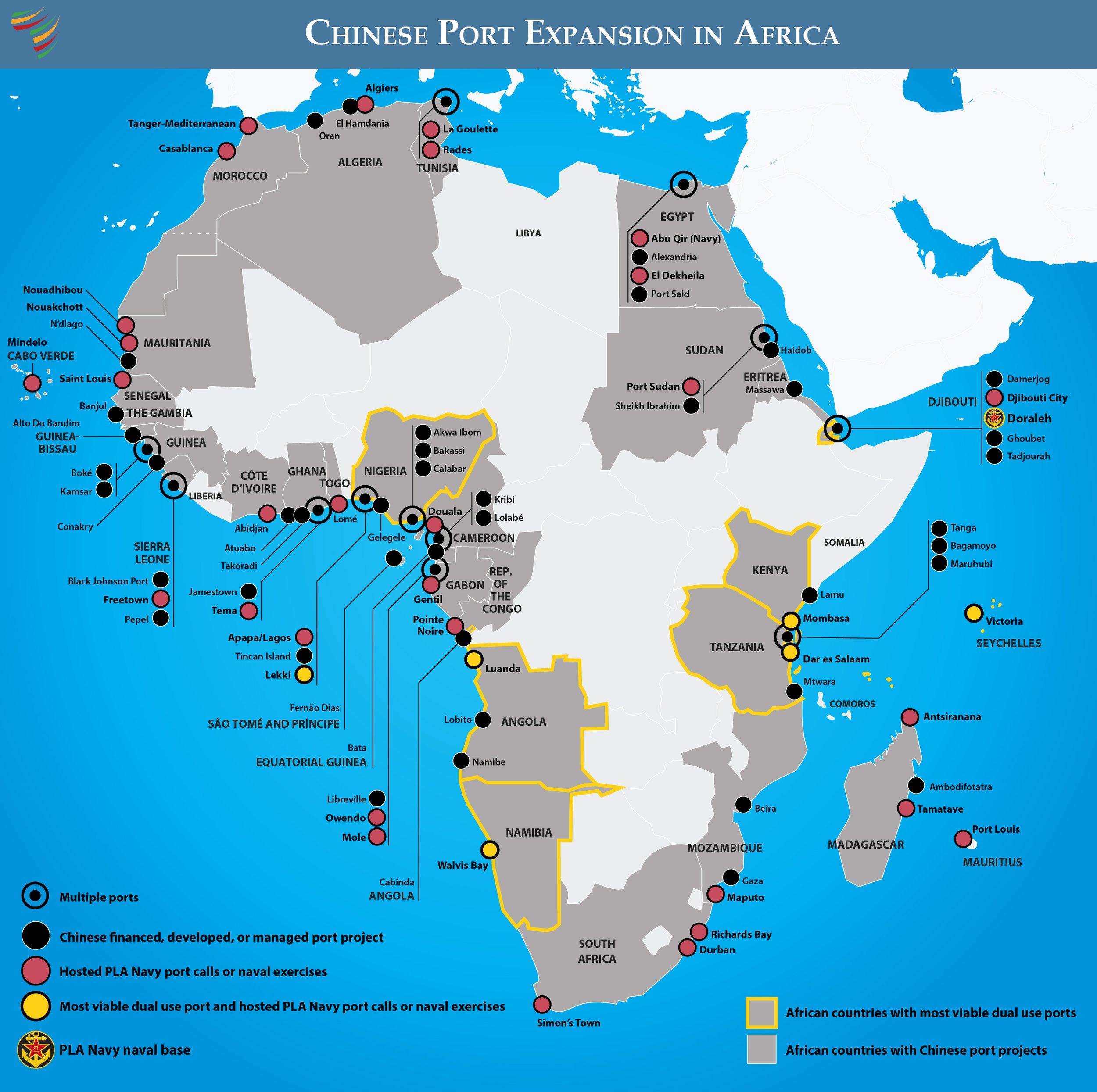
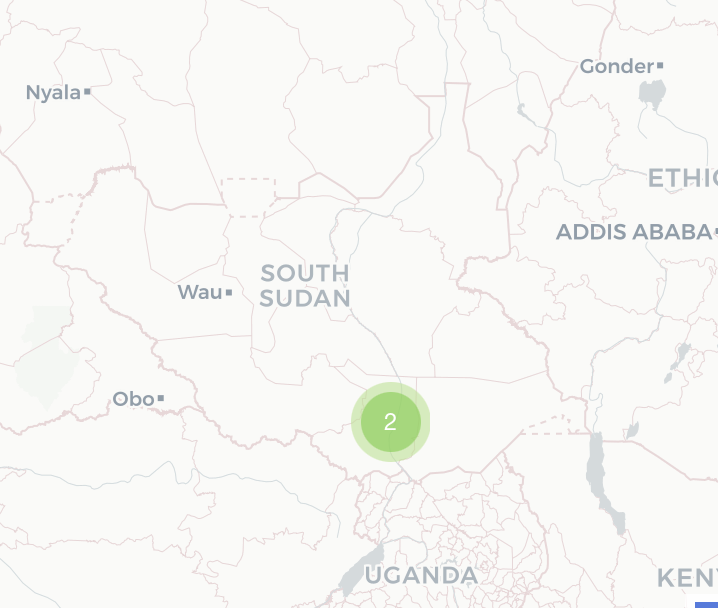







Somalia’s federal government, fearing U.S. recognition of Somaliland, offered control of key ports it doesn’t possess to Washington, exposing deep political rifts and heightening the region’s geopolitical and terrorist stakes.